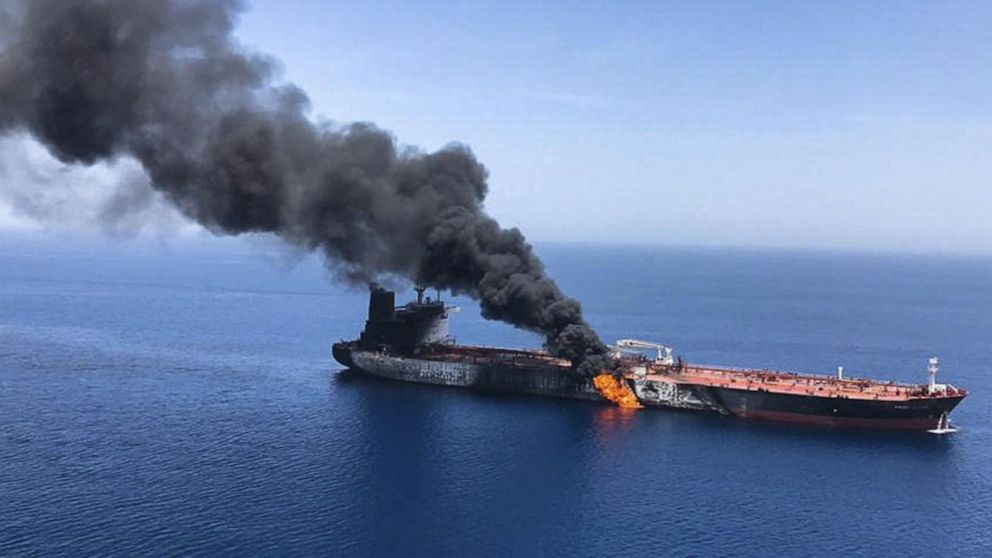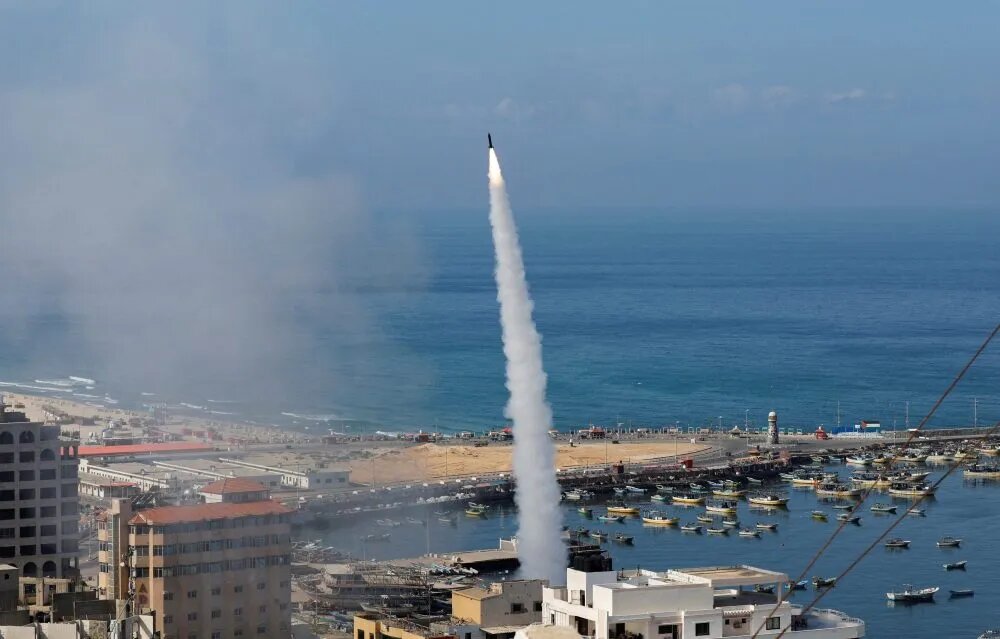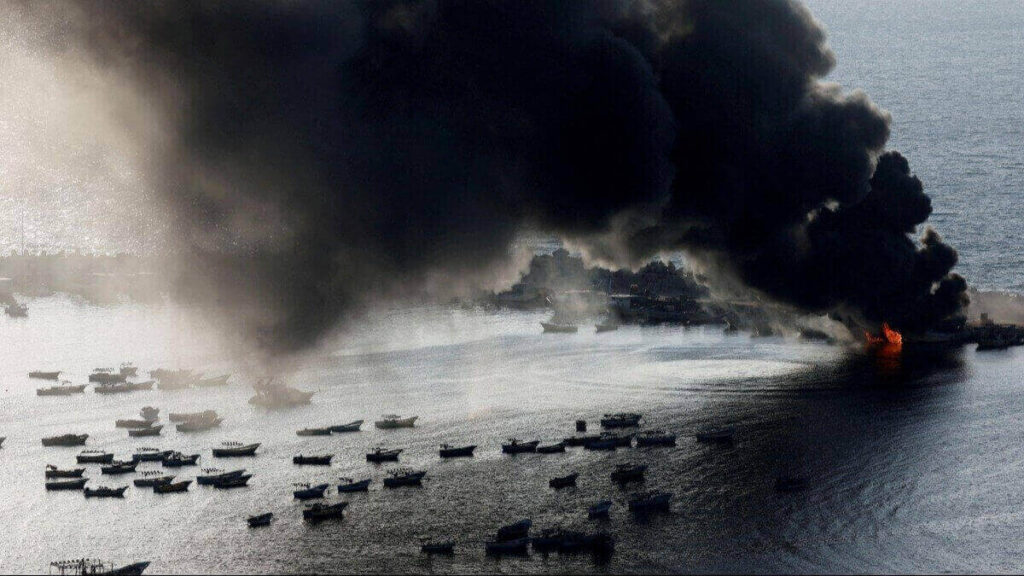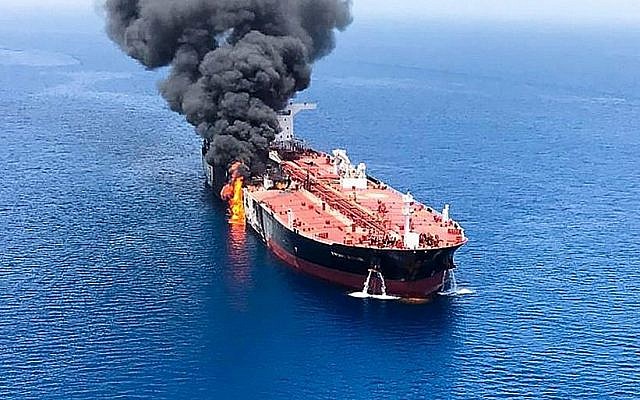A step toward reconciliation, Israel will compensate ships damaged in the Gaza War

27th october 2023
Introduction
In a significant move towards reconciliation and reparation, Israel has announced its decision to pay compensation for ships damaged during the Gaza War. This marks a crucial development in the ongoing efforts to address the repercussions of the conflict and to rebuild trust between Israel and its neighbors. In this article, we will delve into the details of this decision, its significance, and the broader context of the Gaza conflict.
Addressing Taxation in Compensation Process
In the process of compensating for the damages caused to ships during the Gaza War, the Israeli government has not overlooked the taxation aspect. The compensation plan is designed to ensure that the funds allocated for reparations are tax-exempt for the recipients, which includes ship owners and organizations involved in the humanitarian missions. This measure aims to facilitate a smooth and equitable compensation process.
The Israeli Tax Authority has been working closely with relevant stakeholders to establish guidelines for tax exemption on the compensation funds. This ensures that the recipients do not face additional financial burdens when they receive compensation for the damages sustained by their ships during the conflict.
The decision to make the compensation tax-free is seen as a positive step towards streamlining the compensation process and reducing administrative complexities for the affected parties. It reflects the government’s commitment to providing a fair and efficient mechanism for addressing the damages caused during the Gaza War.

The Significance of Compensation
The decision to compensate for the damages to ships is significant for several reasons:
- Reconciliation: By acknowledging the damages caused and taking responsibility for them, Israel is signaling its willingness to engage in a process of reconciliation. This can help mend diplomatic relations and promote a more peaceful and constructive dialogue with its neighbors.
- Humanitarian Aspect: The affected ships were often on humanitarian missions, carrying essential supplies and activists aiming to alleviate the suffering of the people in Gaza. Offering compensation reflects a recognition of the importance of such missions and the need to ensure their safety in the future.
- International Relations: Israel’s decision to compensate can help improve its image on the international stage. This move is likely to be positively received by various nations, which can open doors for enhanced diplomatic and economic ties.
- Conflict Resolution: Compensation can be a crucial element in the broader context of conflict resolution. It shows a commitment to addressing the past and moving towards a more peaceful future.

The Broader Context
The Gaza conflict, including Operation Cast Lead, is part of a long-standing and deeply rooted conflict in the Middle East. The Israeli-Palestinian conflict has persisted for decades and has led to suffering and division on both sides. While the decision to compensate for the damages to ships is a commendable step, it is only one part of a much larger and more complex puzzle.
Efforts to achieve a lasting peace in the region have been ongoing for years, with numerous peace plans, negotiations, and international interventions. However, a comprehensive resolution has remained elusive, with key issues such as borders, refugees, Jerusalem, and the status of Palestinian territories remaining contentious.
The decision to compensate for ship damages should be viewed as a positive gesture within this broader context. It is not a panacea but rather a step towards building trust and fostering goodwill, which can be essential in the pursuit of lasting peace and stability.

Conclusion
Israel’s decision to compensate for the damages to ships during the Gaza War is a significant and commendable move. It reflects a willingness to acknowledge the consequences of the conflict and take steps towards reconciliation. While the compensation is not a solution to the broader Israeli-Palestinian conflict, it is a positive step in the right direction.
The success of this initiative will depend on its implementation and the broader efforts of all parties involved to address the underlying issues of the conflict. Ultimately, achieving a lasting peace in the Middle East requires sustained commitment, dialogue, and compromise from all sides. The compensation for ship damages can be a stepping stone towards a more peaceful future, provided it is part of a comprehensive approach to conflict resolution and reconciliation.
Click here to join our Telegram chanel
You will get information, news, and support related to Merchant Navy.
